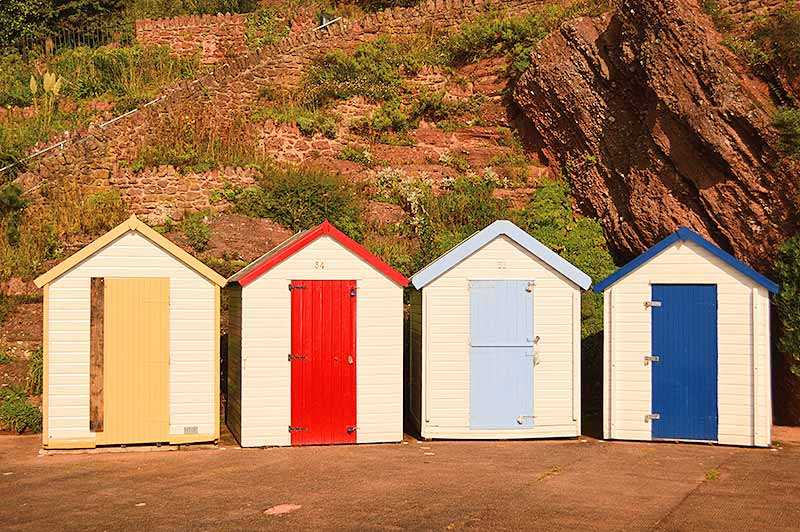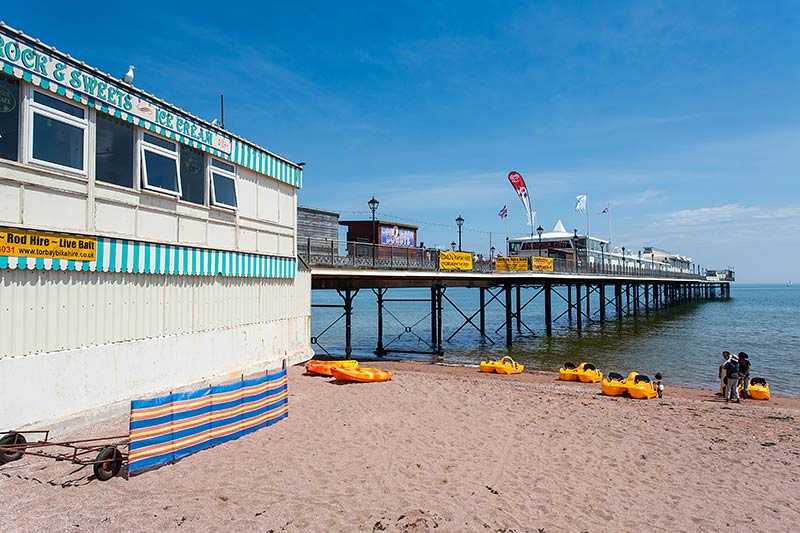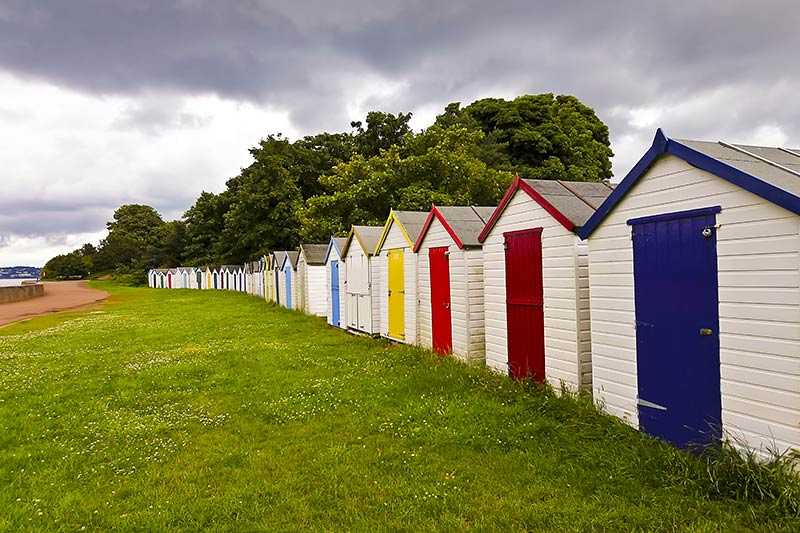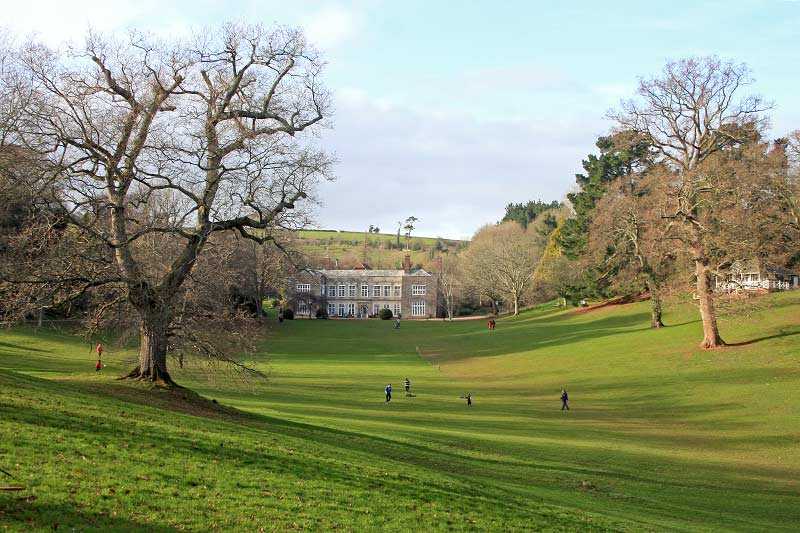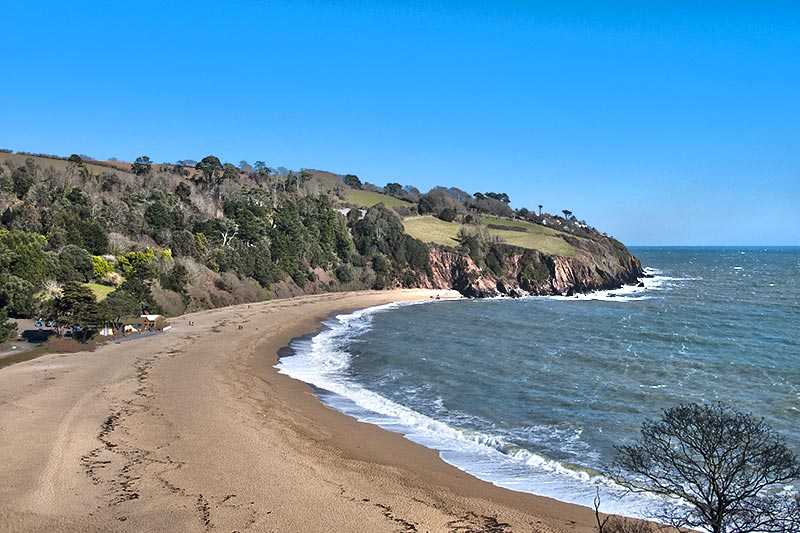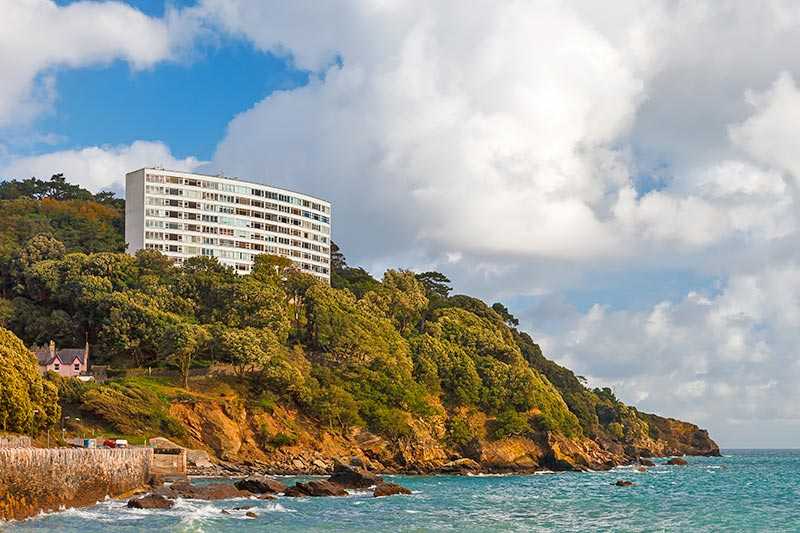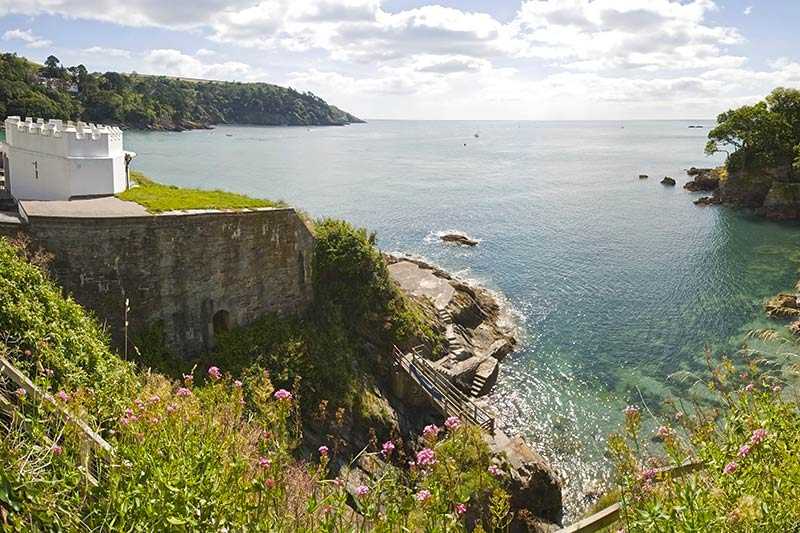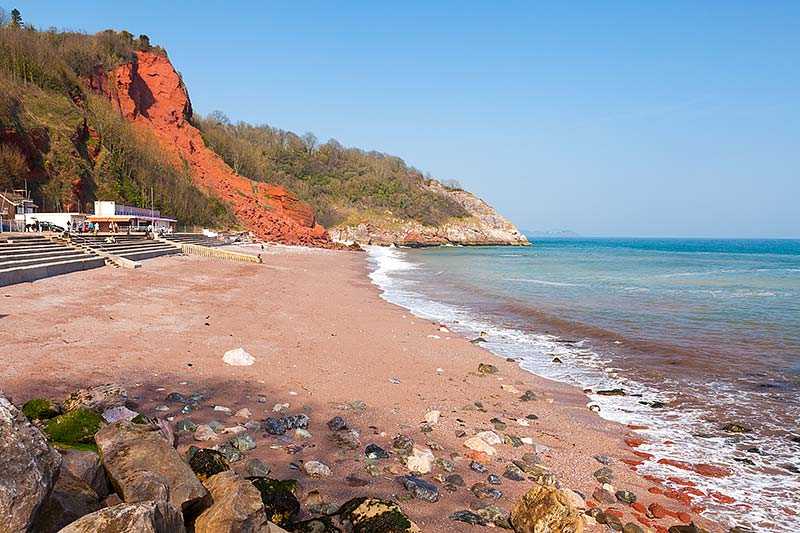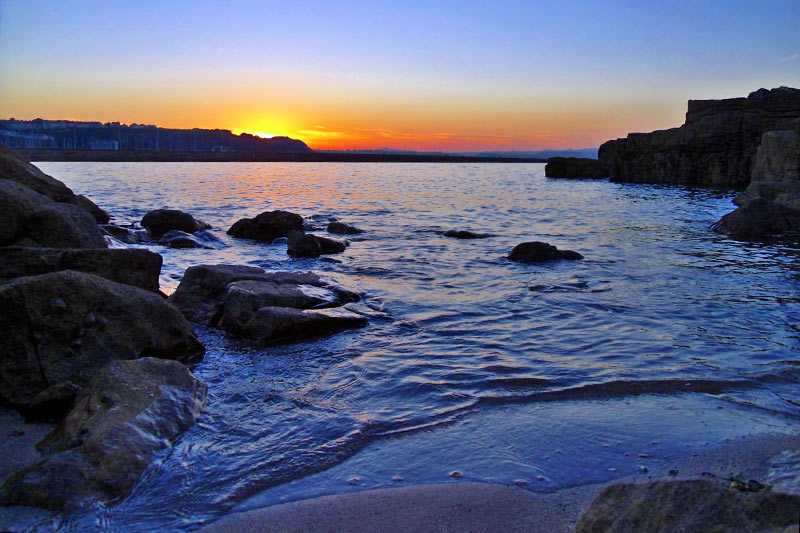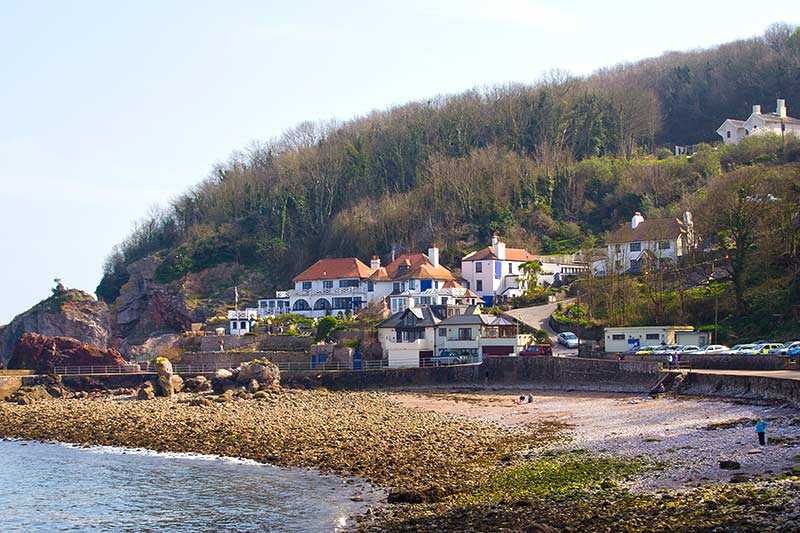South Devon AONB
About South Devon AONB
Covering 337 km2 of South West England, the South Devon AONB was established in 1960 to protect the coastline, the rivers that flow into it and the pastoral land...
About South Devon AONB
Covering 337 km2 of South West England, the South Devon AONB was established in 1960 to protect the coastline, the rivers that flow into it and the pastoral landscapes surrounding it. The area stretches from Torbay to the outskirts of Plymouth.
Fauna and Flora
The AONB contains Sites of Special Scientific Interest, including two National N...
Things to do near South Devon AONB
Attractions near South Devon AONB
Activities
About South Devon AONB
About South Devon AONB
Covering 337 km2 of South West England, the South Devon AONB was established in 1960 to protect the coastline, the rivers that flow into it and the pastoral landscapes surrounding it. The area stretches from Torbay to the outskirts of Plymouth.
Fauna and Flora
The AONB contains Sites of Special Scientific Interest, including two National Nature Reserves and three Special Areas of Conservation, with nationally important populations of the rare greater horseshoe bat, cirl bunting (found only in South Devon now), shore dock and great green bush cricket. The peninsula also provides a haven for one of Britain’s widest range of birds.
Tourism
The area is highly popular with visitors, especially during the summer season. Expect towns to be extremely busy as this time.
Activities
The main attraction has to be the range of beaches along this stretch of coastline. While each has its own character from family-friendly to quiet and secluded, all are beautiful and many have awards for water and beach quality. Conditions are often great for surfing and wind surfing, which is especially popular at Salcombe and Bigbury on Sea.
For walkers, the South West Coastal Path runs along the coastline for 90 km, offering scenic coastal walks. The AONB has produced a guide to walking in the area, listing more than 30 recommended walks in the area, taking in both countryside and coast, for a range of abilities and stamina.
The fishing ports of Dartmouth and Salcombe are known for their sailing centres, with many facilities open to visitors.
